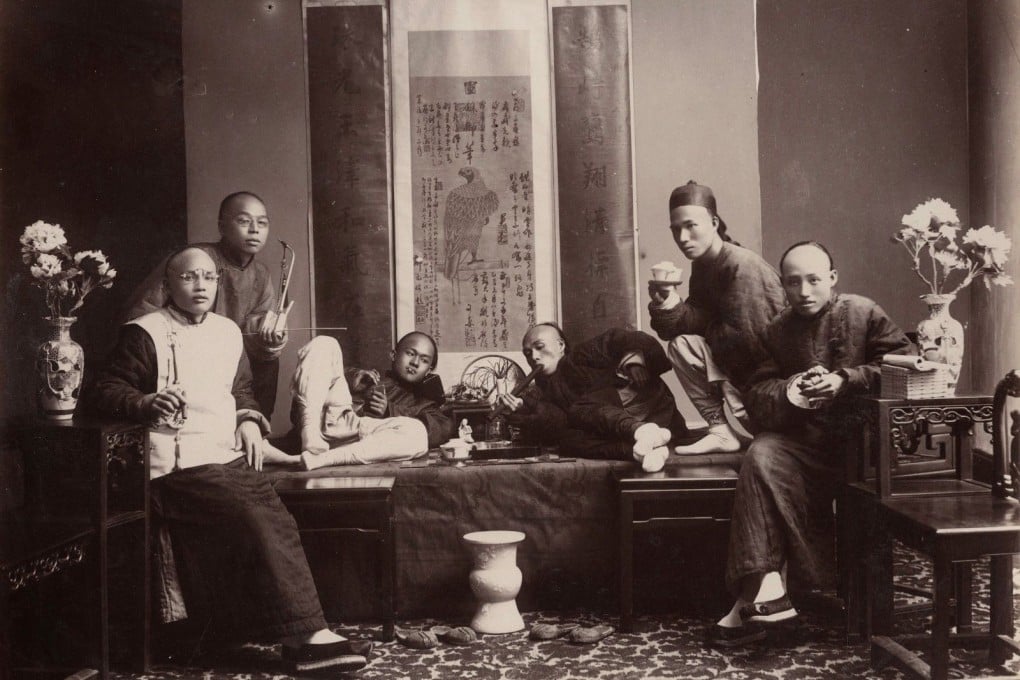What's the History of Hong Kong's Opium Monopoly?
There are gas monopolies, beef monopolies and electricity monopolies, but there’s one monopoly that the government might rather wish you forgot.

There are property monopolies, beef monopolies and electricity monopolies, but there’s one monopoly that the government might rather wish you forgot: Hong Kong’s opium monopoly.
Read More: Monopoly City: the Companies that Own Everything in Hong Kong
For almost 100 years from 1845 onwards, the government made a healthy profit from the sale of opium. It was in high demand, both from China and also from exports to overseas Chinese in Australia and America. The government made its money from taxing the sale and processing of the drug, through a monopoly awarded to the highest bidder. At one point opium contributed up to 22 percent towards the government’s revenue.
Running the entire thing via a monopoly meant that the colonial administrators didn’t have to get their hands dirty with each individual opium-eater: They could just tax one monopoly-holder and be happy.
The city’s first opium monopoly went to two merchants, George Duddell and Alexander Mathieson: You’ll recognize the former’s name from the street named after him. But the two didn’t get anywhere, and the history of the city’s opium monopoly is one of wheeling-and-dealing. In fact, the government’s multiple attempts to put the opium monopoly out to tender to increase its own profits, regularly failed when all of the opium processors banded together into a single cartel, beating the government at their own game.

The government finally took over the opium monopoly in 1914, aiming to stamp out recreational opium use in the city—while still making a profit from its sale. But the final nail in the coffin didn’t come until December 25, 1941, when the Japanese invaded the city. The opium monopoly was left to drop after the war: a relic of another, perhaps more genteel, time.
It’s interesting, though, that as opium profits disappeared, the government was able to turn to another source of revenue, once more capitalizing on high-priced sales to a small number of individuals: the city’s land. The opium monopoly tailed off, and the property monopolies ramped upwards. Who needs opium when you can get addicted to land instead?